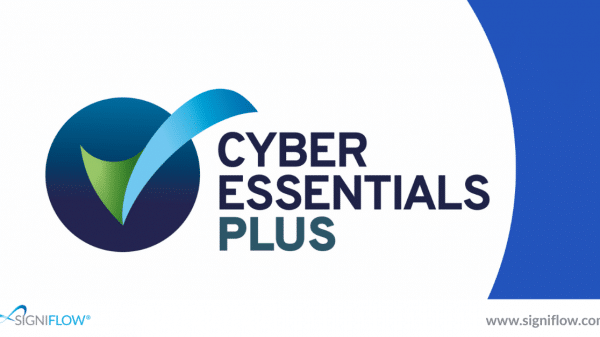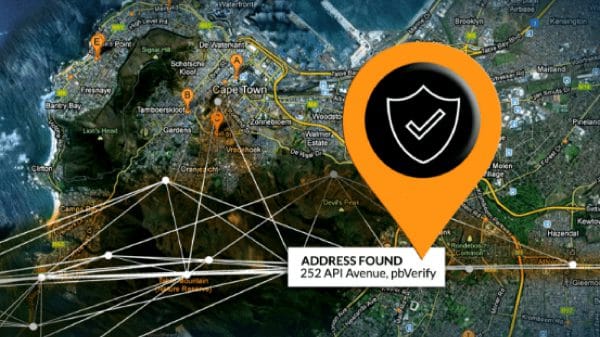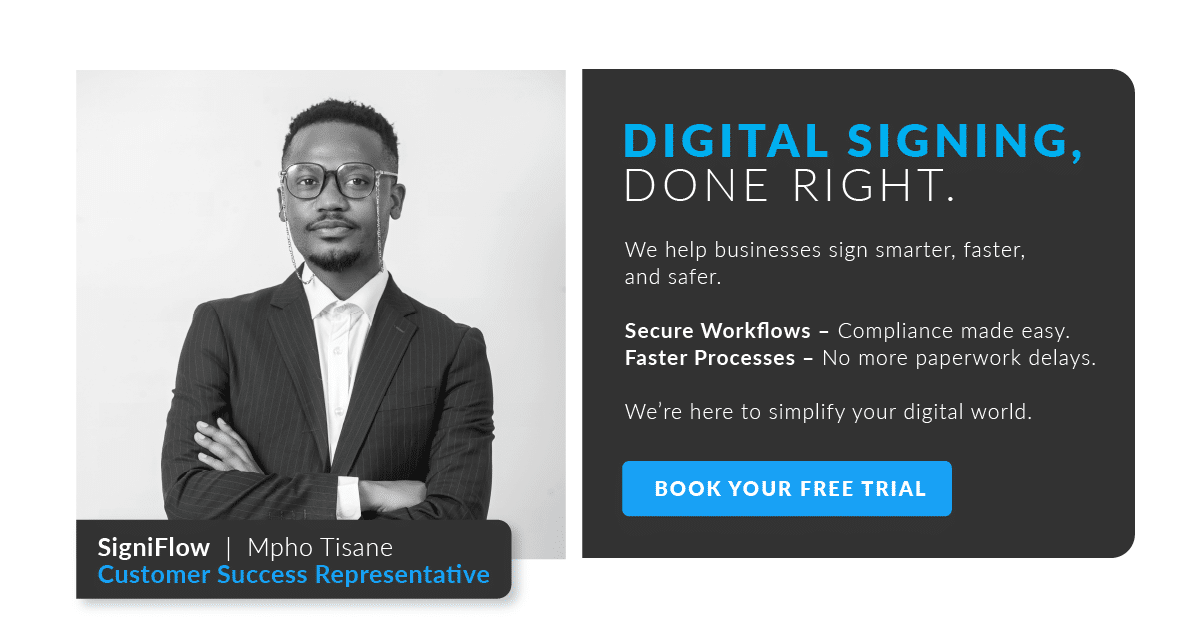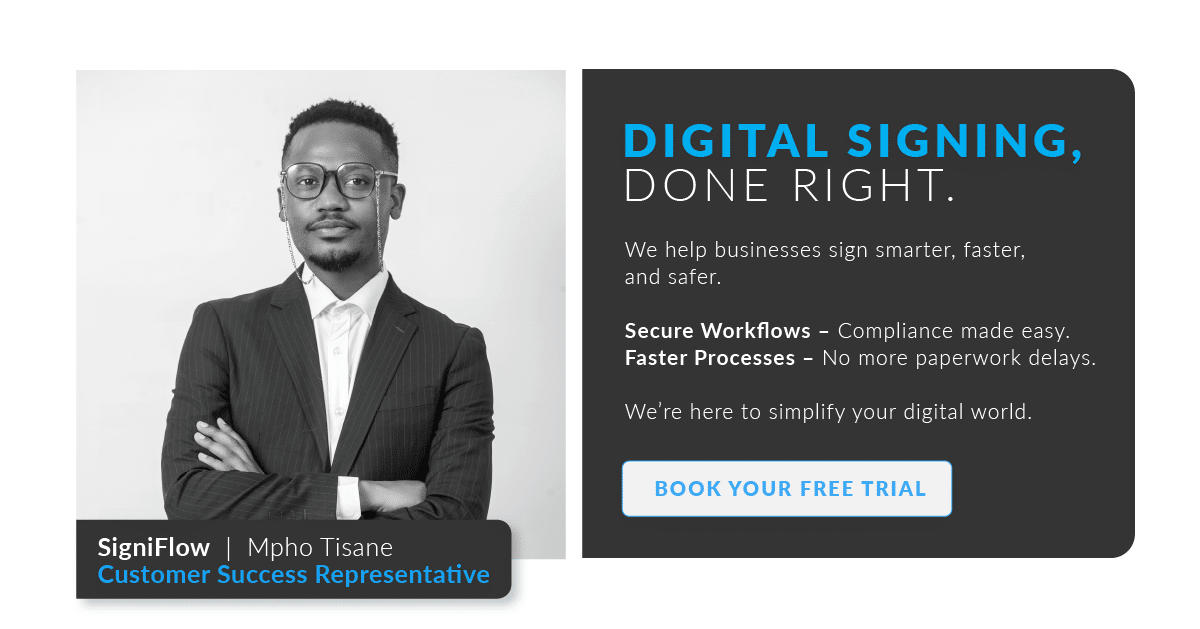When it comes to capturing patient data and signing electronically, healthcare providers must ensure that their data retention and eSignatures are POPIA-compliant. Getting this right is essential for safeguarding sensitive data and avoiding costly compliance failures. The Protection of Personal Information Act (POPIA) sets strict standards for processing personal information, including patient data, and failure to comply can result in severe financial and reputational consequences.
Let’s look at how electronic transactions and eSignatures can be used in a POPIA-compliant manner when capturing sensitive patient data — and why this is so importatnt for healthcare providers looking to maintain trust and meet their legal obligations. eSignatures are essential for securely capturing, validating, and managing patient consent.
Understanding the basics of POPIA-compliance for eSignatures and patient data
To ensure eSignatures are POPIA-compliant, it’s important to understand the core requirements of the Act. This legislation requires that patient data be processed lawfully, fairly, and transparently. Healthcare providers must obtain explicit consent before collecting or processing patient data and ensure that the information is securely stored.
eSignatures must also provide an audit trail to verify the authenticity of patient data and the identity of the signer, which is critical for proving compliance in case of legal disputes. Additionally, the Act mandates that patient data must only be processed for the purposes for which it was collected, and that it should not be retained longer than necessary. This means that healthcare providers must have clear data retention policies and secure deletion processes in place to remain POPIA-compliant.
POPIA also emphasises data minimisation, meaning healthcare providers should only collect patient data that is necessary for the intended purpose. eSignatures can help with this by providing structured signing workflows that ensure only the required information is captured.
Regular risk assessments and impact analyses should also be part of the compliance strategy, ensuring that patient data is protected throughout its lifecycle. eSignatures can play a significant role here, providing automated audit trails and real-time verification to track data usage and access.
How eSignatures improve the POPIA-compliance of patient data
eSignatures provide several advantages that traditional wet signatures cannot when it comes to capturing patient data in a POPIA-compliant way. They reduce the risk of human error, provide instant authentication, and ensure that information is captured accurately.
eSignatures also provide a secure and convenient way to capture patient consent, reducing the likelihood of data breaches. With built-in audit trails, healthcare providers can demonstrate their compliance with POPIA regulations, ensuring that patient data is fully protected.
With robust security features like password protection, encryption, and multi-factor authentication, eSignatures significantly reduce the chances of unauthorised access to sensitive patient data. This added layer of security goes a long way in maintaining patient trust and avoiding regulatory penalties.
eSignatures also:
- streamline the patient onboarding process
- reduce administrative overhead, and
- improve the overall patient experience
eSignatures remove the need for physical storage, reduce paper waste, and significantly decrease the risk of lost or misplaced patient files. This supports POPIA-compliance and enhances operational efficiency, reducing costs for healthcare providers.
Plus, eSignatures can be integrated with patient management systems, which allow for real-time updates and seamless data flow, further enhancing POPIA-compliance.
The role of eSignatures in maintaining POPIA-compliance for patient data
eSignatures play a critical role in ensuring that patient data is captured in a POPIA-compliant manner.
- eSignatures provide a legally binding way to capture consent, reduce the risk of unauthorised access, and ensure the authenticity of the signer.
- eSignatures offer time-stamped proof of consent, making it easier for healthcare providers to demonstrate their compliance with POPIA.
- eSignatures can integrate seamlessly with digital workflows, reducing administrative burdens and ensuring that patient data is securely managed from the moment it is captured.
- eSignatures with integrated verification provide an end-to-end secure solution, ensuring patient data remains protected throughout the entire data lifecycle.
- eSignatures provide an audit trail that captures every interaction with the document, including when it was signed, by whom, and from which device.
Best practices for using eSignatures for patient data
To ensure eSignatures are fully POPIA-compliant, healthcare providers should follow best practices such as encrypting all patient data, using secure servers, and implementing multi-factor authentication.
Regular audits and staff training can also help reduce the risk of any data breaches and ensure that patient data is handled responsibly.
Additionally, healthcare providers should select eSignature solutions that provide a detailed audit trail, secure storage, and easy integration with existing healthcare systems to streamline the data capture process.
It’s also essential to have clear data access policies, which will help to ensure that only authorised personnel have access to patient data. This approach strengthens POPIA-compliance and builds patient trust.
Moreover, healthcare providers should regularly review their data protection policies, conduct penetration testing, and invest in cybersecurity measures to prevent unauthorised access. Data encryption, secure backups, and role-based access controls are essential for maintaining the confidentiality and integrity of patient data. Implementing these practices not only ensures ongoing POPIA-compliance but also minimises the risk of expensive data breaches and reputational damage.
Compliance should be a strength — not a challenge
SigniFlow provides industry-leading digital solutions that offer the security and compliance needed for healthcare providers to manage patient data effectively, ensuring that their operations remain secure, efficient, and fully compliant with South African privacy laws.
With a strong focus on data security, privacy, and compliance, SigniFlow helps healthcare providers build trust and deliver exceptional patient care.
Don’t let compliance be a challenge – let it be a strength. Explore how SigniFlow’s eSignature solutions can help your healthcare practice stay POPIA-compliant and patient-focused. Contact us here!






























